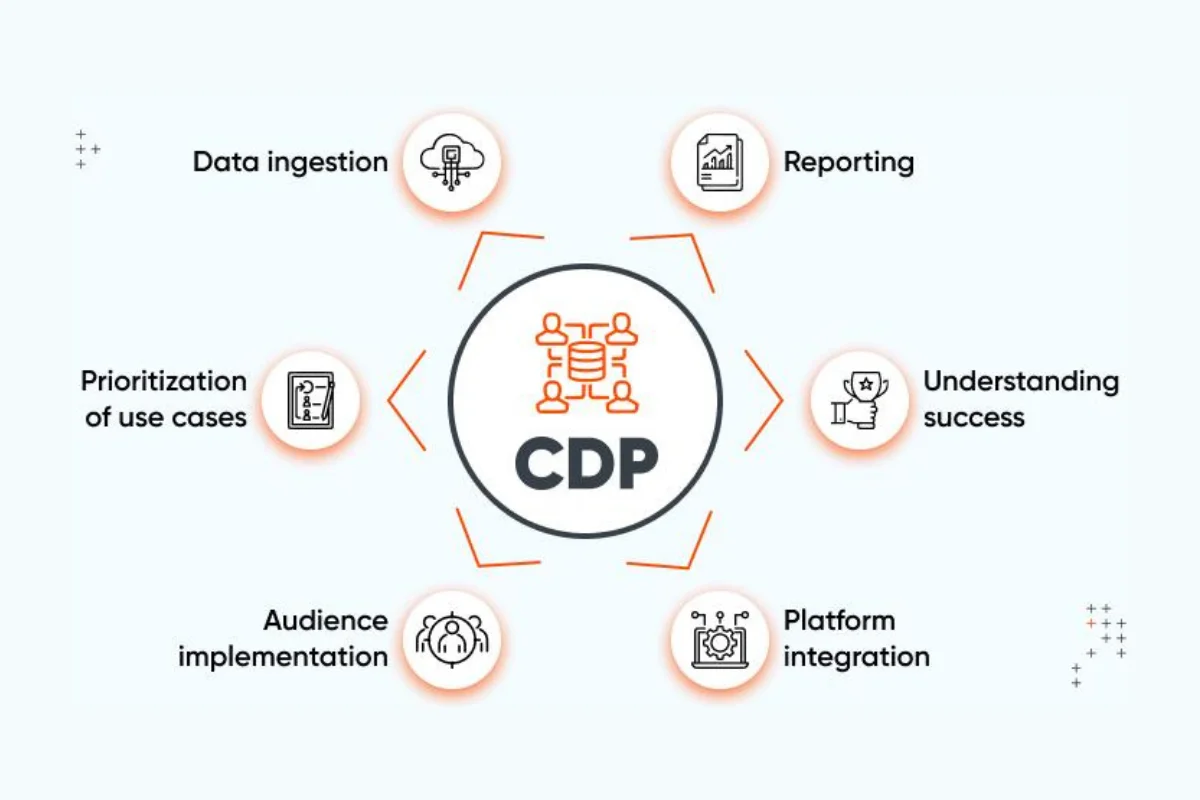Data is the backbone of effective marketing strategies in today’s digital age. Understanding customer behavior, preferences, and needs allows businesses to create targeted and personalized marketing campaigns. This is where Customer Data Platforms (CDPs) come into play. CDPs have emerged as essential tools in the marketing ecosystem, enabling businesses to harness customer data efficiently and effectively.
In this article, we’ll explore the critical role of CDPs in marketing, their benefits, and how they can transform your marketing strategy.
What is a Customer Data Platform (CDP)?
A Customer Data Platform (CDP) is a software solution that collects, organizes, and unifies customer data from various sources. Unlike traditional data management systems, CDPs focus on creating a single, comprehensive view of each customer by consolidating data from multiple touchpoints, such as websites, social media, email, and more.
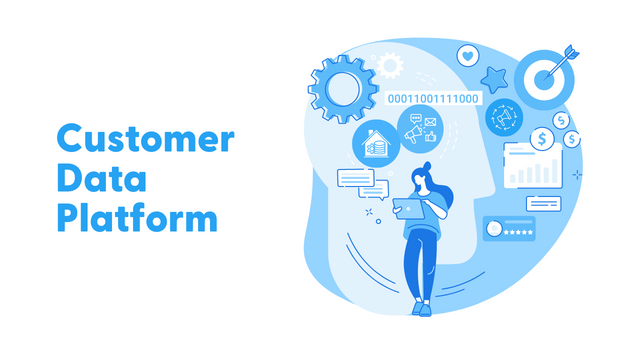
This unified customer profile is then accessible to marketers for more personalized and targeted marketing efforts.
How Do CDPs Work?
1. Data Collection
CDPs collect data from various sources, including online and offline interactions, CRM systems, transactional databases, and third-party data providers. This data includes demographic information, browsing behavior, purchase history, and social media activity.
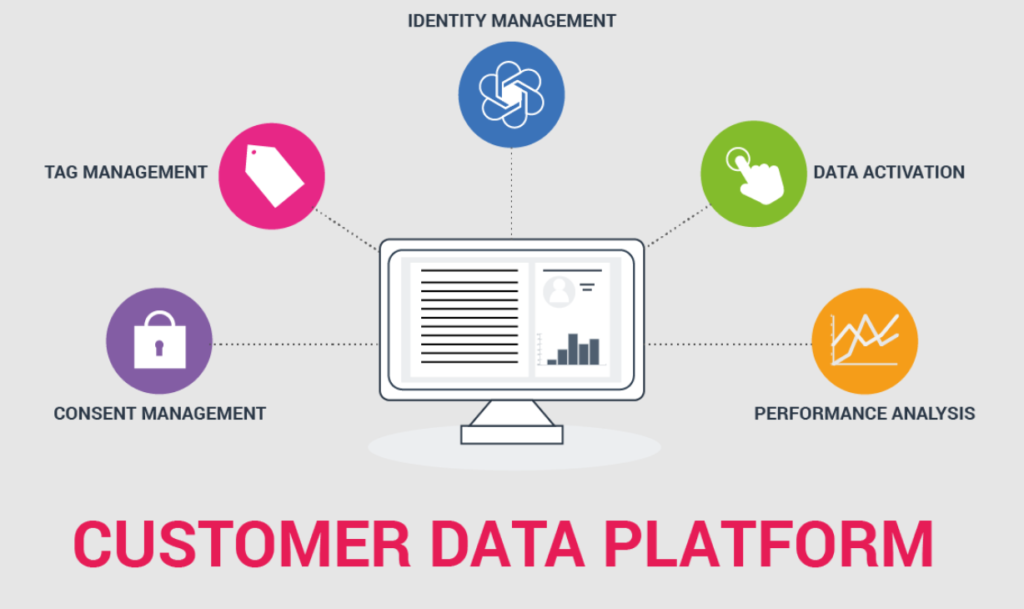
2. Data Unification
The collected data is then processed and unified into a single customer profile. This step involves deduplication, cleansing, and normalization of data to ensure accuracy and consistency.
3. Data Activation
Once unified, the data is made accessible to marketing tools and platforms, allowing businesses to create highly personalized and targeted campaigns. Customer Data Platforms enable seamless integration with various marketing channels, including email marketing, social media, and advertising platforms.
4. Insights and Analytics
CDPs provide advanced analytics and insights into customer behavior and campaign performance. Marketers can track key metrics, such as customer lifetime value, engagement rates, and conversion rates, to optimize their strategies.
The Importance of CDPs in Marketing
1. Personalization at Scale
CDPs allow businesses to deliver personalized experiences to customers across all touchpoints. By leveraging unified customer data, marketers can create tailored content and offers that resonate with individual preferences, leading to higher engagement and conversion rates.
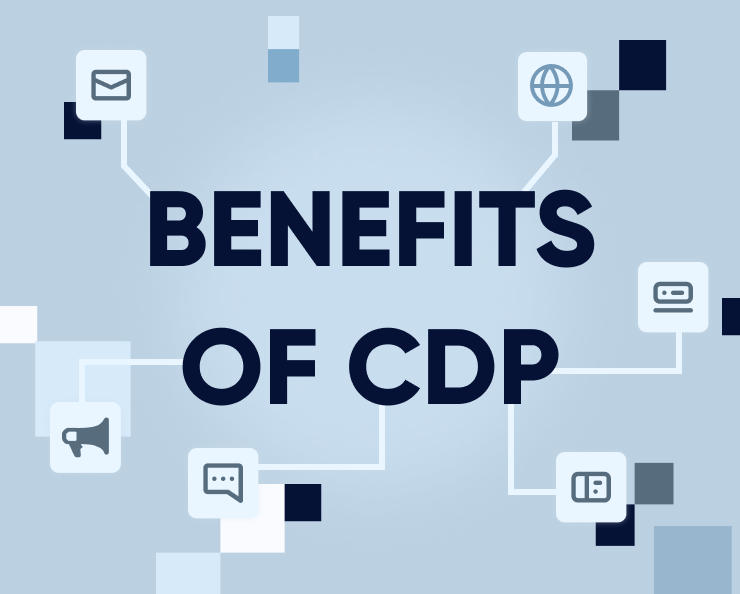
2. Improved Customer Engagement
With a comprehensive view of customer interactions, CDPs enable businesses to engage with customers in real time. This real-time engagement is crucial for responding to customer needs promptly and effectively, fostering stronger relationships.
3. Enhanced Data Accuracy
Traditional data management systems often suffer from data silos, leading to inconsistencies and inaccuracies. CDPs eliminate these issues by centralizing data, ensuring that marketers have access to reliable and up-to-date information.
4. Efficient Marketing Campaigns
CDPs streamline the marketing process by automating data collection, segmentation, and campaign execution. This efficiency not only saves time but also enhances the effectiveness of marketing efforts, leading to better ROI.
5. Compliance with Data Regulations
In an era of stringent data privacy regulations, CDPs play a crucial role in ensuring compliance. They provide features that help businesses manage customer consent, data access, and storage in accordance with laws such as GDPR and CCPA.
6. Cross-Channel Consistency
CDPs ensure that customers receive consistent messaging across all channels. This consistency is vital for building brand trust and delivering a seamless customer experience, regardless of the platform or device used.
How CDPs Differ from CRMs and DMPs
CDP vs. CRM
While Customer Relationship Management (CRM) systems focus on managing customer interactions and sales processes, Customer Data Platforms go a step further by integrating data from multiple sources to create a unified customer profile. CDPs are designed for marketing purposes, providing deeper insights and personalization capabilities.
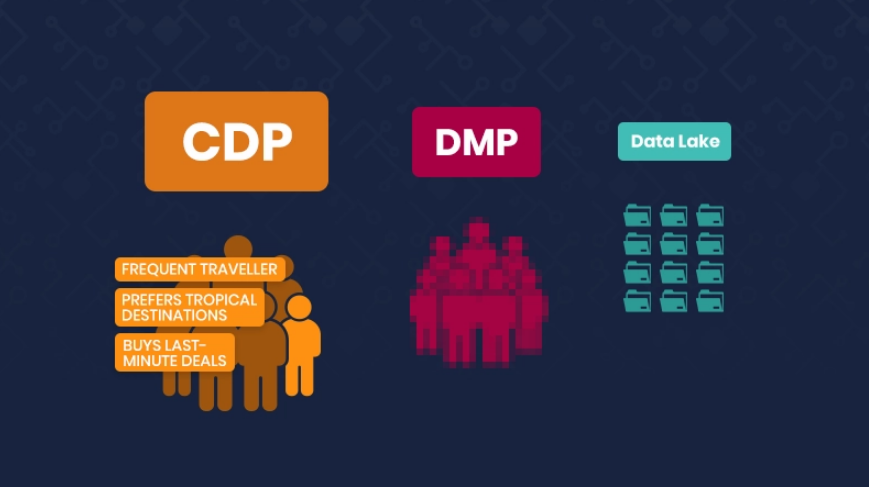
CDP vs. DMP
Data Management Platforms (DMPs) primarily deal with anonymous data for advertising purposes, often focusing on third-party data. In contrast, CDPs handle first-party data, offering a more comprehensive and personalized view of individual customers.
Implementing a CDP: Best Practices
Before implementing a CDP, it’s essential to define clear objectives. Identify the specific marketing challenges you aim to address, such as improving personalization, enhancing customer engagement, or optimizing campaign performance.
Selecting the right CDP for your business is crucial. Consider factors such as scalability, integration capabilities, data security, and ease of use. Ensure that the chosen CDP aligns with your business needs and long-term goals.
Ensure seamless integration of all relevant data sources into the CDP. This integration is vital for creating a unified customer profile and maximizing the benefits of the platform.
Future Trends in CDPs
AI-Powered CDPs
The integration of artificial intelligence (AI) into CDPs is expected to revolutionize customer data management. AI-powered CDPs can automate data processing, enhance predictive analytics, and provide more accurate insights, leading to even more effective marketing strategies.
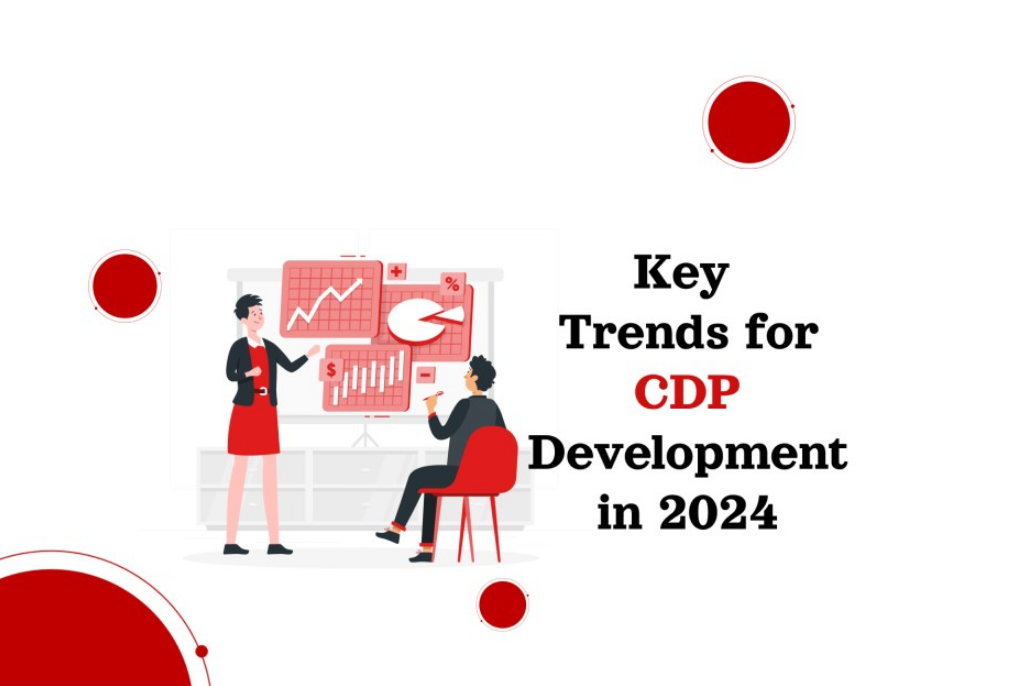
CDPs for SMBs
As CDP technology becomes more accessible, small and medium-sized businesses (SMBs) are increasingly adopting CDPs to enhance their marketing efforts. This trend is likely to grow as more affordable and user-friendly CDP solutions become available.
Privacy-Centric CDPs
With growing concerns over data privacy, the future of CDPs will likely see a greater emphasis on privacy-centric features. These features will help businesses navigate the complexities of data regulations while maintaining customer trust.
Conclusion
Customer Data Platforms (CDPs) have become indispensable tools for modern marketers. By unifying customer data and providing actionable insights, CDPs enable businesses to deliver personalized and targeted marketing campaigns that drive engagement and ROI.
As the digital landscape continues to evolve, the role of CDPs in marketing will only become more critical, offering new opportunities for businesses to connect with their customers in meaningful ways.
Read more : How To Future-Proof Your Marketing Strategy
FAQs
A CDP’s primary function is collecting, unifying, and making customer data accessible for personalized and targeted marketing efforts.
CDPs integrate data from multiple sources to create a unified customer profile for marketing, while CRMs focus on managing customer interactions and sales processes.
Yes, small and medium-sized businesses can significantly benefit from CDPs by enhancing personalization and optimizing their marketing strategies.
Yes, most CDPs offer features that help businesses manage customer data in compliance with privacy regulations like GDPR and CCPA.

Alex Mitch
Welcome to my blog! With over 10 years in digital marketing , I’ve seen its incredible impact on smaller businesses. Join me as we explore how digital marketing can grow your audience and boost your business. Whether you’re an experienced entrepreneur or just starting out, you’ll find practical tips and insights to enhance your digital marketing strategies.


